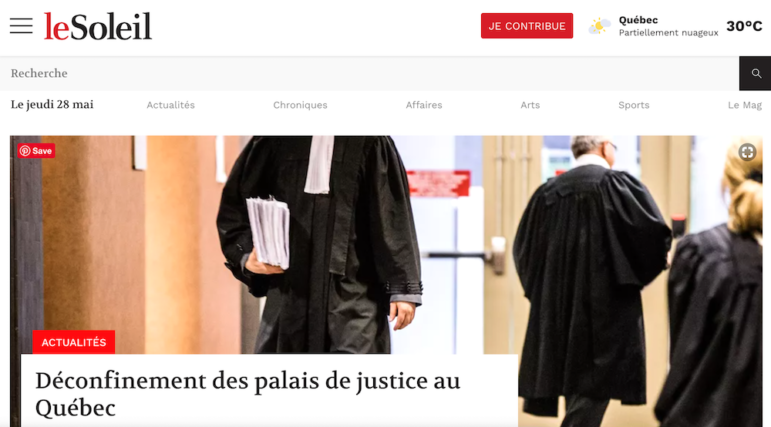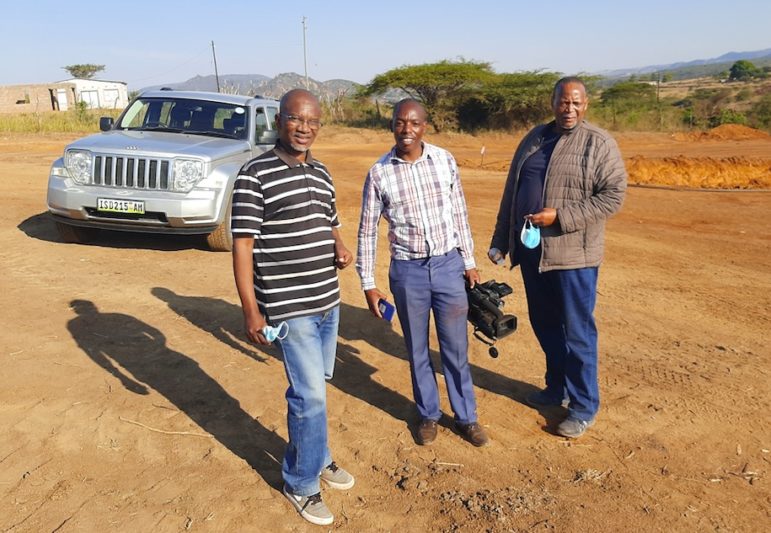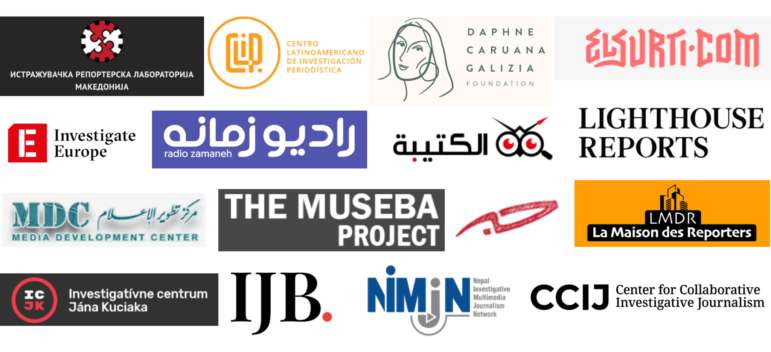

How a Canadian Newsroom Launched a Co-Op to Save Itself from Bankruptcy
As COVID-19 has brought newsrooms worldwide to their knees, one French Canadian outlet is flourishing — less than a year after going bankrupt.
Quebec City’s Le Soleil doubled its number of readers this spring as the pandemic swept the globe. The French-language daily newspaper converted this into 3,500 new subscribers by the end of April, including 1,000 over a single 10-day period, according to Simon Audet, Le Soleil’s head of digital development.
Driving this success is a revamped, reader-first editorial strategy. But first, Le Soleil had to stave off bankruptcy. They did so by forming Canada’s largest newsroom cooperative. Along the way, they found their readers were eager to help save their local news source.
“If last fall we didn’t feel the community was ready to donate, contribute and participate, we probably would have had to stop everything,” said Gilles Carignan, Le Soleil’s director general. “Now, the focus on the community is clearer than ever.”
When Groupe Capitales Médias, owners of Le Soleil and five other French-language dailies in Quebec province, went bankrupt last August, the Quebecois government lent CA$5 million ($3.6 million) to keep the newsrooms afloat while they searched for new owners.
“Unthinkable and unsustainable,” Carignan wrote in a December op-ed, of the prospect that the paper and its sister outlets might shut down. Carignan told IJNet, “There are 12 French dailies in Quebec, so to see six of those dailies close at the same time would [have been] disastrous for information and trust around Quebec.”
With the government’s loan — which Carignan said would last only through the end of 2019 — the six newsrooms got to work. Four days after the owners declared bankruptcy, they launched a flash subscription campaign that brought in CA$187,000 from 2,000 subscribers, according to Carignan. In October, they started a donation drive that earned almost CA$3 million.
Emboldened by readers’ support, Le Soleil’s employees launched a co-op experiment in October. Its sister outlets did the same. All six fall under the umbrella co-op, Coopérative nationale de l’information indépendante — the country’s largest, according to the team.
Donating Salaries to the Co-Op
The newsrooms hoped to attract new ownership by demonstrating their confidence in their product. All 350 employees across the six outlets — including 120 at Le Soleil — agreed to contribute 5% of their salaries to support their respective co-ops.
“The co-op needed this participation to make the journal survive,” said Jean-François Néron, a Le Soleil reporter and today’s co-op board president. “We convinced every member to participate. They all wanted Le Soleil to survive, and it was the only way to make it happen.”
The papers decided to stick with the co-ops as a permanent solution, discontinuing their search for outside owners. The result is what Carignan calls “co-ops of solidarity.” Both employees and readers can become co-op members, though the pandemic has delayed reader membership for the moment. While newsroom staff will always comprise the majority, reader members will be able to assist in some decision-making around the papers’ operation.
“Our six communities across Quebec wanted that not only we continue, but also to play a role in what we become,” said Carignan.
The papers maintain their editorial independence, though, he’s quick to point out. “One thing that is very important, the key, is we have to make clear that every donation or membership has no effect on our editorial politics,” he said. “You contribute and you can vote on some topics, but editorial independence of the paper has to be maintained.”
In December, the six newsrooms presented a successful CAD$21 million proposal for individual co-op newsrooms, which the Quebec Superior Court approved.
Moving Forward
The co-op business model was just a first step. Any sustainable path forward for Le Soleil required an overhauled editorial approach, too, explained Carignan.
As Le Soleil restructured last fall, newsroom staff reached out to readers. They invested in conversations with them, and welcomed feedback. Readers wanted more than just surface-level reporting, Le Soleil found. “[Our readers] gave us all the answers we needed to adjust our content,” said Carignan. “People want content. They will be ready to invest in us, to subscribe if we give them local news but with substance.”
Engagement increased, and subscriptions to the paper followed. “From September to December, we recorded almost 50% growth in terms of website visitors,” said Audet. “Never had our engagement online been higher than at that time. We nearly doubled our number of mailing list subscribers, very quickly.”
Readers’ eagerness to support the newsroom financially provided an unexpected jolt. “The biggest surprise for us at the time was a lot of readers wrote to us to say they wanted to help, saying, ‘Hey, I want to maintain local information in Quebec. But I don’t want paper, and you give everything free on the web,’” recalled Carignan.
Fortunately, Le Soleil was prepared for the influx of subscriptions. The paper had made critical site updates through its involvement in a Facebook accelerator program for Canadian publishers last summer.
“They implemented changes to their site which allowed for users to manage their account, improve notifications, and ultimately, make it easier for the reader to subscribe to newsletters and contribute,” said Lissa Cupp, a marketing strategy consultant and Le Soleil’s accelerator coach.
Le Soleil continues to solicit reader feedback to inform content and guide partnerships, donation drives and subscription campaigns. They’ve honed in on engagement, rolling out new newsletters and rewarding contributors, added Cupp. “Their laser focus on readers succeeded in moving their audience up the loyalty funnel, resulting in a 39% increase in loyal readers and a 14% increase in brand lovers.”
As COVID-19 continues to afflict newsrooms, Le Soleil plans to stick to what’s working: listening to their readers. As Carignan said: “In the co-op model, yeah, we are the owners, but our boss is our community.”
This post was originally published by IJNet, and is republished here with permission.
 David Maas is the manager of IJNet, the website of the International Center for Journalists, which reports on global media innovation, news apps and tools. He manages a team of editors, writers and translators based around the world.
David Maas is the manager of IJNet, the website of the International Center for Journalists, which reports on global media innovation, news apps and tools. He manages a team of editors, writers and translators based around the world.










